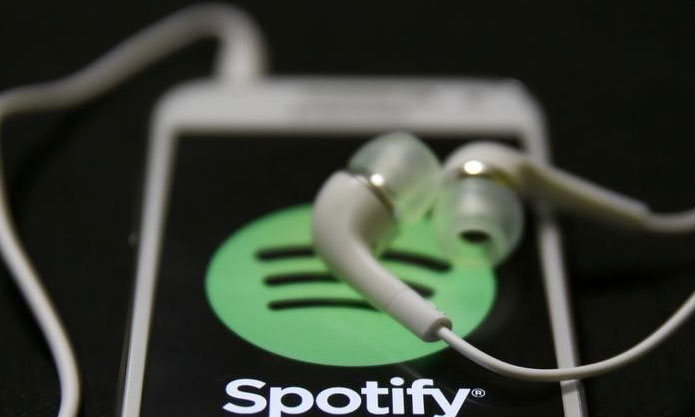
Music and Broadcast Associations Respond to Streaming-Music Controversies
A label’s music yanked from Spotify highlights the debate over internet payments to artists and efforts to align online and radio royalties.
As more and more music gets streamed online via free or freemium services like Spotify and Pandora—and more musicians demand better payment—associations in the music industry have been debating how to close the gap.
Musicians have expressed displeasure with low royalty payments for online streaming for as long as streaming has been around. Perhaps most notably, Taylor Swift publicly protested Apple Music’s original plan to not pay musicians during the service’s free trial period earlier this year, forcing Apple to reverse course. The argument escalated last week, as the popular independent label Victory Records found its music yanked from Spotify, following a dispute over underpayment of songwriting royalties.
Victory founder Tony Brummel told the New York Times that a firm it hired to study its streaming payments found that as many as 53 million streams on Spotify were not accounted for. “It was 30 percent off, meaning we were 30 percent underpaid,” Brummel said.
We are in discussions on how to resolve this issue, and the talks are very productive, says NMPA’s David Israelite
After Victory raised the issue, Spotify removed all of the label’s artists from the service. The two have since tussled over whether the move was retributive or not, but across the industry a lot of small financial oversights are adding up: According to the music industry trade magazine Billboard, unpaid royalties from streaming services may total as much as $100 million.
Among the organizations working on the issue is the National Music Publishers Association, made up of American music publishers and songwriters. “We are in discussions on how to resolve this issue, and the talks are very productive,” NMPA president and CEO David Israelite told Musically. “This is not a contentious issue. I am not alleging any bad faith on the part of the services.”
In the meantime, another effort to bring streaming and over-the-air royalty payments has been launched in Congress. In April, four cosponsors introduced the Fair Play, Fair Pay Act, which would provide uniform payment rates for performance royalties regardless of the medium through which a song is played. (Radio stations currently pay royalties to songwriters and publishers, but not performers.) The bill would “bring music licensing for sound recordings into the 21st century,” said Ken Howard, president of the Screen Actors Guild/American Federation of Television and Radio Artists.
However, the National Association of Broadcasters, which represents the radio industry, protested the bill, which Executive Vice President of Communications Dennis Wharton said “would kill jobs, hurt artist promotion, and devastate local economies across America.” The bill is currently in the Subcommittee on Courts, Intellectual Property, and the Internet.
(Dado Ruvic/Reuters)






Comments